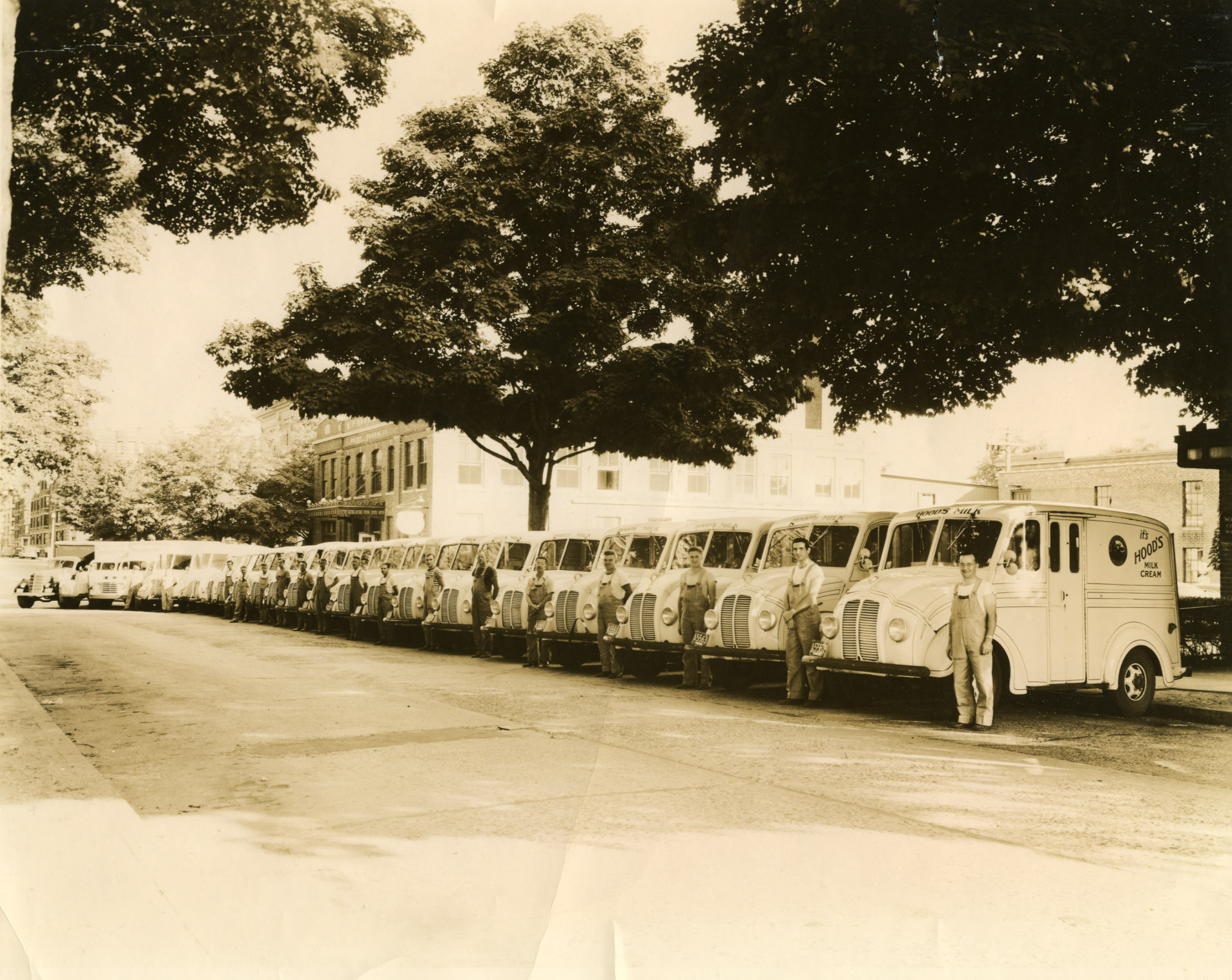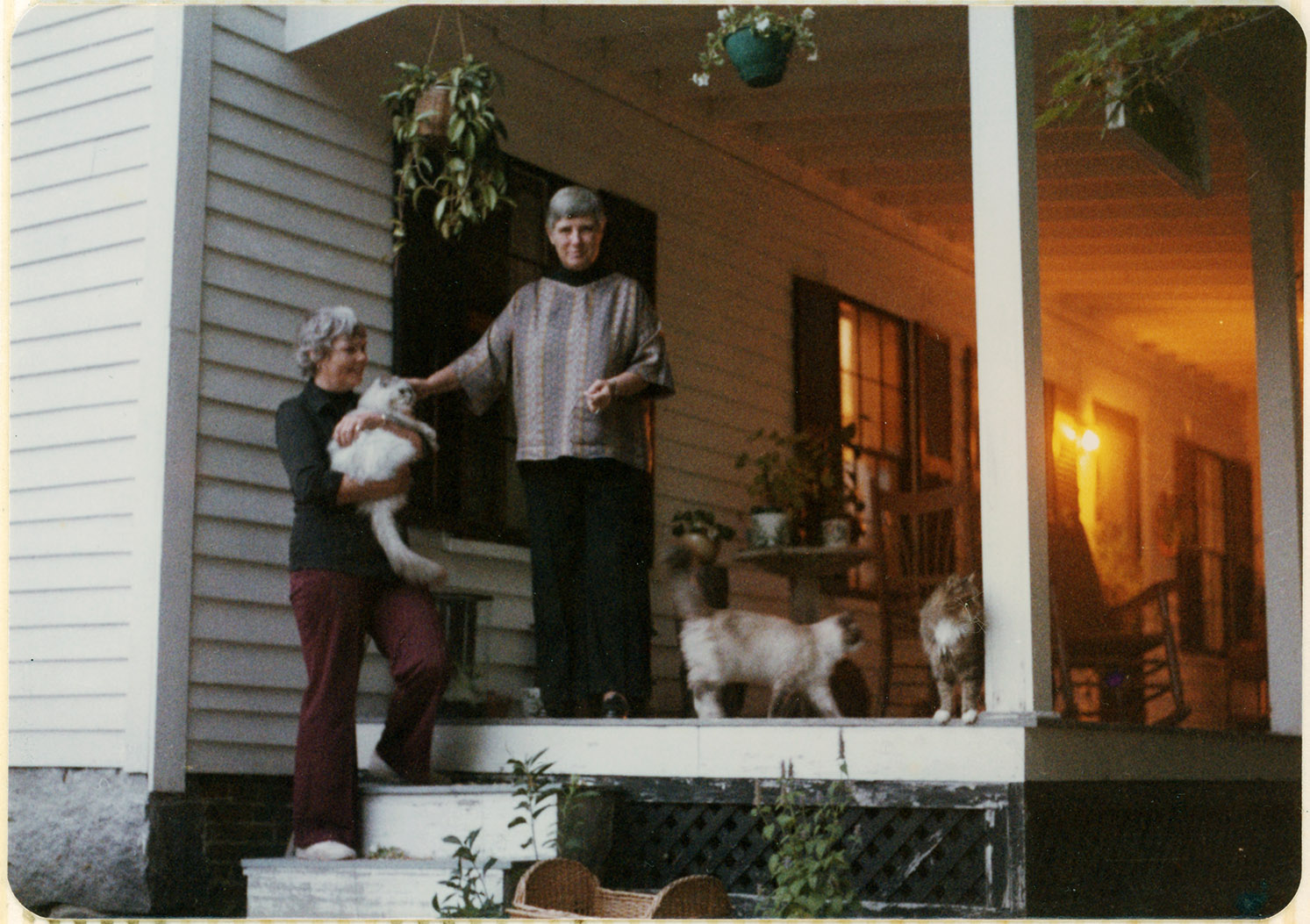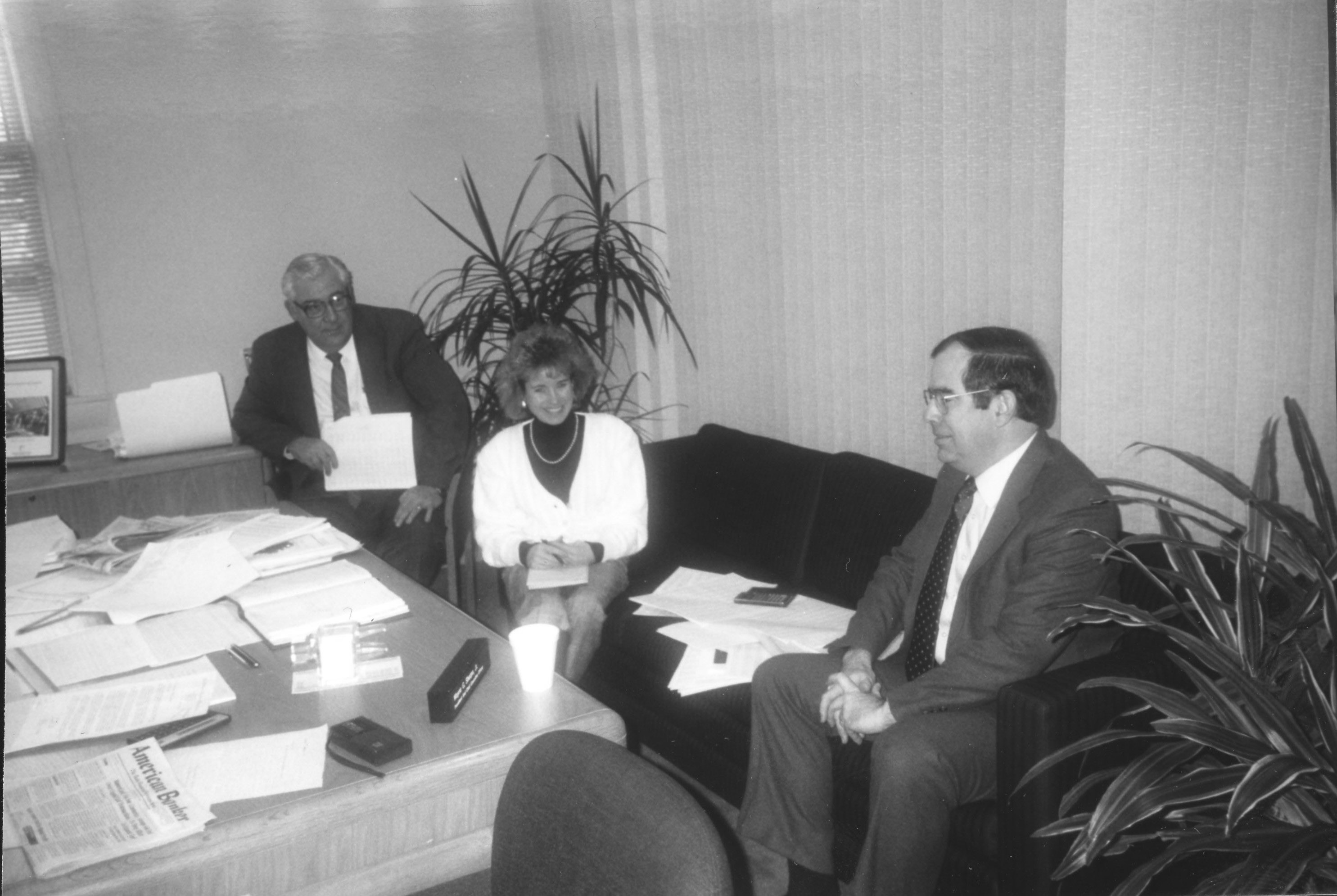Citizens Awareness Network Records
Temporarily stored offsite; contact SCUA to request materials from this collection.
In 1992 after lightening struck the Yankee Rowe reactor in western Massachusetts, concerned citizens organized with the goal of educating themselves and their communities about the potential dangers of nuclear energy. Citizens Awareness Network (CAN) worked to reveal the hidden costs of nuclear power on the health and safety of communites surrounding a reactor, and as a result of their efforts Yankee Rowe was pressured into closing down in 1993. When CAN learned that much of the nuclear waste removed from the site was shipped to a town in South Carolina, the group was outraged that the waste which hurt their community would now be imposed on another community. Once again they were moved into action, this time transforming from a small local group into a regional group with multiple chapters. Today, with seven chapters in five states, CAN continues to uncover the hazards of nuclear energy, proposing instead the use of clean energy produced locally.
This large collection documents every facet of the group, and includes publications, financial records, research files, correspondence, and realia such as t-shirts, bumper stickers and buttons.




